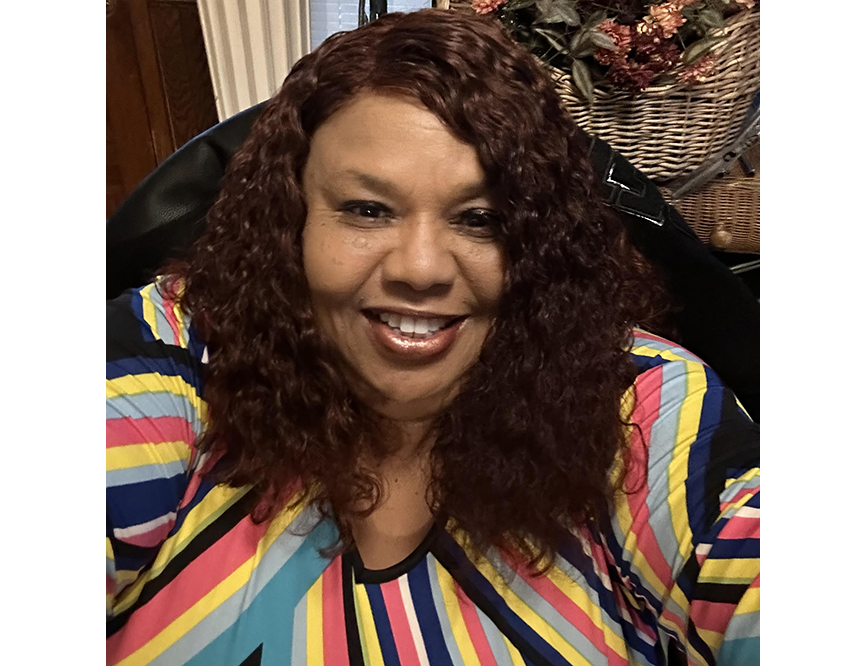
Myrtle Boykin - Lighton
Executive Director
Lima UMADAOP was founded in 1986 and became a freestanding 501c3 in 1993. We have a proven history of establishing new programs and developing policies in a systematic and timely manner to accomplish growth and expansion. Our services are responsive to the issues of gender, age, disability, race, ethnicity, and sexual orientation and reflect support, acceptance, and understanding of cultural and lifestyle diversity. We understand that the family dynamic in drug and alcohol addiction is incredibly powerful. Our unique 'family first' approach in combination with a Recovery Oriented System of Care (ROSC) offers individualized comprehensive services across one’s lifespan. An integrated service system anchored in the community that involves family, allies, peer recovery support and the experiences of recovering individuals and their families.
Our commitment, integrity, stewardship, and resiliency are the core values of who we are. The primary purpose of Lima UMADAOP is to provide culturally appropriate prevention services to African and Hispanic American communities in Ohio. To teach individuals to take responsibility for their actions; to examine and confront the values, beliefs and attitudes that contributes to those actions; and to develop positive alternatives to destructive environmental factors. Our mission is to reduce the incidence and prevalence of violence, poly substance use/abuse and its negative affects among at-risk individuals and families.
Our continuity of care is strength-based; culturally responsive and open to personal belief systems. We use a strength-based service plan and build concurrently on the recovering individual’s strengths and those of the team. Ongoing monitoring, outreach, system-wide education and training along with partnership-consultant relationships strengthen our core system of care.
We provide counseling, intervention and referral services; prevention and treatment programming for individuals and their families. We've been increasing community understanding of substance abuse with education and awareness. Increasing the awareness sensitivity of human service providers to the needs of Hispanic and African American consumers by providing culturally sensitive training. Functioning as a recovery guide that identifies and addresses barriers to recovery which prevent early identification and treatment. While promoting participation, access, and engagement within the family and community.